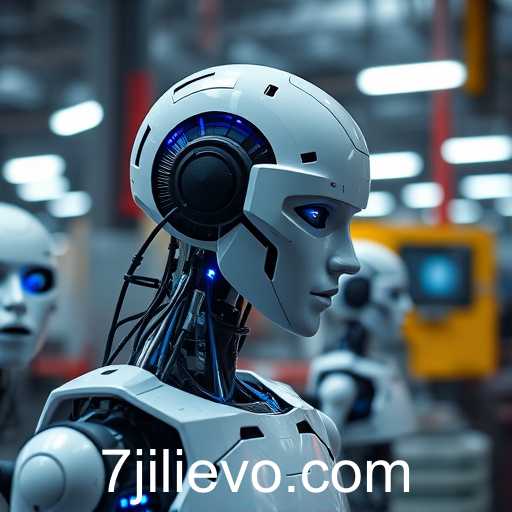Exploring how artificial intelligence is reshaping jobs, economies, and societies worldwide.
As artificial intelligence continues to evolve and integrate into various sectors, its impact on the global workforce is becoming increasingly profound. Unlike previous technological advancements, AI's reach is extensive, affecting jobs in ways that are creating both challenges and opportunities worldwide. The advent of AI technologies like machine learning and robotics is reshaping industries ranging from manufacturing to healthcare.
One of the most significant changes has been in the automation of routine tasks. Companies are utilizing AI to increase efficiency and reduce human error in repetitive jobs. This transformation is evident in industries such as automotive manufacturing where robots are performing tasks that were previously done by human workers. While this results in increased productivity, it also leads to job displacement, raising concerns about employment and the future of work.
On the other hand, AI is also creating new opportunities. As AI systems become more complex, there is a growing demand for AI specialists, data scientists, and other tech-savvy professionals. Educational institutions are stepping up to meet this demand, offering specialized courses and training programs aimed at equipping the workforce with necessary skills. This dynamic shift is evident in regions that are investing heavily in STEM education to prepare their populations for a future dominated by technological innovation.
Moreover, the ethical implications of AI in the workplace cannot be overlooked. The development and deployment of AI raise questions about privacy, bias, and accountability. There have been instances where AI systems have made biased decisions, prompting a call for more transparent and ethical AI practices. This has led to a growing interest in responsible AI development principles, with companies and governments working together to ensure technology serves humanity's best interests.
As we navigate this technological revolution, the role of regulation is becoming more pronounced. Governments are tasked with striking a balance between fostering innovation and protecting their citizens' rights. This includes crafting policies that address AI's socio-economic impacts while promoting research and development in this rapidly growing field. The European Union, for example, is at the forefront with its efforts to regulate AI through proposed legal frameworks that prioritize ethical considerations.
In conclusion, artificial intelligence is a powerful force that is reshaping the global workforce landscape. While it brings efficiency and innovation, it also poses significant challenges that need addressing. As nations brace for this inevitable transformation, cooperation between stakeholders—governments, businesses, and educational institutions—will be crucial in ensuring a future where technology enhances, rather than hinders, human potential.




